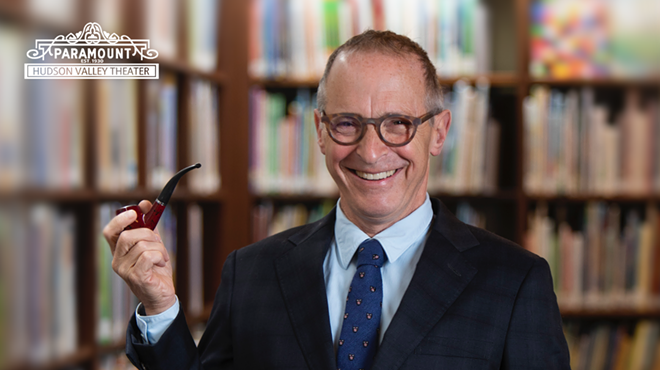When Chávez entered politics six years later his combative style and straight talking populist charisma served him well in a country marked by pervasive discontent. His fierce indictment of the old political order—and his promise of a “revolution” in honor of South America’s liberator, Simon Bolívar—held wide appeal among poor Venezuelans. Unlike the “out of touch” politicians, Chávez projected a sincere concern for those living in poverty. In Venezuela, that meant three-quarters of the population.
Chávez’s political project has been an eclectic blend of populism, nationalism, militarism, and, most recently, socialism, combined with a “Bolivarian” emphasis on South American unity. Chávez sees himself as the embodiment of the popular will. “Participatory democracy,” focused on empowering and mobilizing Venezuelans, is the essence of Chavismo. Behind democratic trappings and a fig leaf of legitimacy, Chávez has concentrated power to an astonishing degree. Although he benefited considerably from the complete collapse of the old order, he has also proved to be an astute and skilled politician, despite being frequently dismissed
as a mere buffoon. He has constructed his edifice of power through a succession of elections, including a 1999 referendum for a new constitution. That new “Bolivarian” constitution allowed consecutive reelection for the president and set up an electoral council that is a fourth branch of government.
The contours of Chávez’s “illiberal” regime have become increasingly better defined over the past eight years. Virtually all key decisions are in the hands of the president. The rule of law is, at best, peripheral. The Electoral Council and the National Assembly have become mere appendages of the executive. In May 2004, Chávez took advantage of majority support in the National Assembly to have a measure passed that increased the number of Supreme Court justices from 20 to 32, thus allowing him to pack the court with handpicked political loyalists.
To be sure, dissent is permitted, and some private media still criticize Chávez. But instruments have been put in place to clamp down, if deemed necessary, on critical voices. Chávez’s decision not to renew the license of the critical RCTV station significantly reduced the public space for dissent. While the RCTV case received international headlines and condemnation, it was hardly the first sign of Chávez restricting press freedom. According to the criminal code, it is now an offense to show disrespect for the president or other government authorities, punishable by up to 20 months in jail. A December 2004 Social Responsibility Law comes close to censorship by imposing “administrative restrictions” on radio and television broadcasts. The measure has been strongly condemned by various groups, including the Inter-American Commission on Human Rights, a body
of the Organization of American States. By raising the disturbing possibility of arbitrary enforcement, such restrictions have had a chilling effect on the press. There is also credible anecdotal evidence of the existence of lists of individuals’ votes that have been used to deny Chávez’s opponents jobs and services.
To rule, Chávez depends chiefly on the military, the institution he knows best and trusts most. Thanks to a specially tailored law, he remains an active military officer, and more than one-third of the country’s regional governments are in the hands of soldiers directly linked to Chávez. As the editor of the daily Tal Cual,
Teodoro Petkoff, has noted, “For all practical purposes, this is a government of the armed forces.” Moreover, the government has been organizing private unarmed militias and developing plans to mobilize up to two million reservists in the name of national defense. Citizen power, as reflected in such groups as
government-sponsored neighborhood “Bolivarian Circles” and communal councils, helps undergird the regime. Chávez tried to consolidate his loose coalition of supportive political parties into the Unified Socialist Party of Venezuela, but ran into resistance that has temporarily stalled the effort.
Chávez’s strategies have been particularly effective in the face of an opposition that has been consistently inept. It has used various tactics—a coup, a national strike, and a recall referendum—in a quest to unseat Chávez but has lacked a viable strategy, an alternative program, or effective leadership. In April 2002, a
failed coup not only raised questions about the democratic credentials of the opposition; it also gave Chávez the perfect pretext to take full control of the armed forces, purging any dissidents. The strike at the end of 2002 enabled Chávez to establish control over the state oil company, Petróleos de Venezuela (PDVSA).
The August 2004 recall referendum ended up enhancing his legitimacy when he won. However, the opposition’s decision to boycott the December 2005 elections for the National Assembly left Chávez’s coalition with control of all 167 seats. While the opposition managed to unify behind a single candidate, Manuel Rosales, Chávez won reelection in 2006 and quickly began to push forward with his vision of “21st-Century Socialism.”













